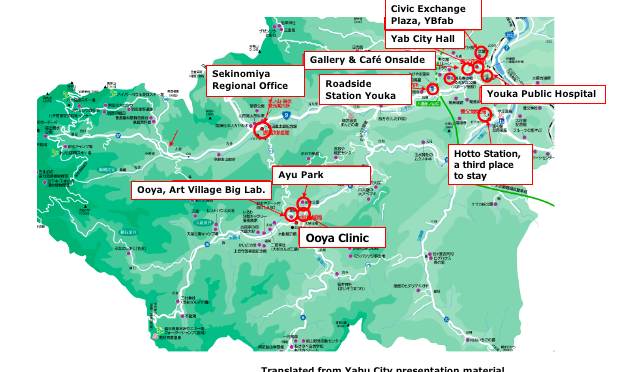- HOME
- >
- プロジェクト
- >
- 連携研究プロジェクト
- >
- How Corporates Talk and Walk Responsibility and Sustainability
How Corporates Talk and Walk Responsibility and Sustainability
2023.06.14
プロジェクト代表者:
WANG Tao(Kyoto University, Graduate School of Economics Associate Professor)
プロジェクト紹介
How do firms talk and walk responsibility and sustainability? This is a critical issue as firms’
behaviors have important implications for our society, which is not only theoretically intriguing, but also impactful on our real life. This research project addresses this issue from two different angles.
The first paper in this project maps out the research landscape pertaining to the theoretical puzzle. Businesses are commonly expected to address sustainability as a cohesive mixture of economic, social, and ecological matters. Despite this common acceptance, research on sustainability strategy remains disjointed. To explore this further, this paper analyzes the development of the conceptual framework of sustainability within strategy research over the span of 30 years. The analysis shows that initially, there was a primary focus on economic sustainability, but now it encompasses social and ecological considerations as well. We identify the mechanisms of relational contrast and transformative extension as critical factors in shaping and consolidating three distinct programs of sustainability research, each with its own distinct intellectual foundation and independent from the others. We highlight the potential benefits and obstacles of integrating these programs and provide recommendations for strategy research to engage more comprehensively with the intricate topic of sustainability.
The second paper zooms in onto products as the interface for firms to communicate responsibility and sustainability. Products are a reflection of an organization’s identity and strategy, showcasing how resources and attention are allocated within the corporation. Furthermore, they offer a means for corporate decision-makers to observe and influence market dynamics with respect to both competitors and consumers. Given that products serve as the interface between producers and consumers, it is important to examine how decision-makers perceive the issue of health and how it affects their product offerings. Such an analysis can enhance our comprehension and facilitate the resolution of human health issues in the intersection of business and society. For the empirical investigation, we use an inductive study approach to study two pairs of polar cases from the food and tobacco industries and examine the puzzle why some MNEs produce conventional but unhealthy products while others actively make changes to product offerings to address health concerns.
その他の関連記事
こちらもよく読まれています
-

2026.02.25
保護中: The Role of Art and Culture in Health and Well-being: Social Implementation Using the INNATE Framework and Positive Health
-

2026.02.25
保護中: アート/文化と健康/ウェルビーイング- INNATE Frameworkとポジティヴヘルスを用いた社会実装
-
-672x372.jpg)
2026.02.25
保護中: Resilience in Comfortable Authoritarian Powers—A New Comparative Perspective on China and Russia
